
The day labor has been dreading is here: the Janus v. AFSCME case was decided by the Supreme Court, and the public sector is now “right-to-work.” But what does this actually mean for workers?

The Janus decision is a significant setback for democracy. What should public-sector workers do now?

In his monumental novel, Berlin Alexanderplatz, psychiatrist and aesthetic contrarian Alfred Döblin captured the Weimar Berlin that he knew from his patients.

If the Democratic Party really wants to engage black voters, it should take its cues from the organizers already on the ground.
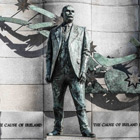
James Connolly’s legacy is often wrongly shrunk down to that of a martyr for Irish freedom. A new collection of his writing aims to correct this record and reclaim him for the left.
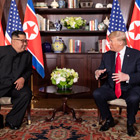
The long-awaited summit between Donald Trump and Kim Jong-un ended in a diplomatic agreement with the substance of cotton candy. But it nevertheless marked an important step forward in the Korean peace process.

Trump’s new zero-tolerance immigration policy, which separates parents from their children, is a cruel strategy to curb the flow of immigrants and asylum-seekers arriving in the United States. Here’s why it’s bound to fail.
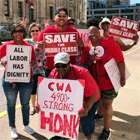
We check in on worker-led activism across the country, with interviews on UPS and AT&T strikes, behind-the-scenes resistance at Google, and the public banking movement.

Equal parts muckraking journalism and biting satire, the print-only, century-old French newspaper Le Canard enchaîné represents one of the most remarkable stories in modern journalism.
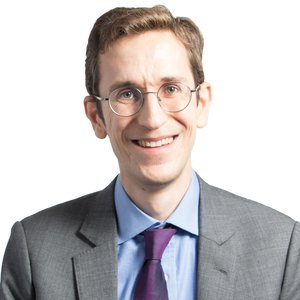
We are thrilled to welcome Timothy Shenk as co-editor of Dissent alongside Michael Kazin.
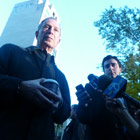
For all his differences with his predecessor, New York City mayor Bill de Blasio has inherited the same fundamental dilemmas that faced Michael Bloomberg—and much of the billionaire’s approach to resolving them.

Capitalism, from its very beginning, was twinned with racism. Two books describe how these two forces emerged together, at the same moment in the unfolding of Western political economy.
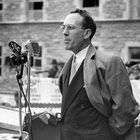
By providing a single tier of coverage to all, with automatic enrollment, comprehensive benefits, and no cost-sharing, single-payer provides a distinct, egalitarian vision of universality.

At its best moments, Roseanne offered something Roseanne Barr’s tweets did not: empathy, nuance, and a portrait of white working-class life rarely seen on television.
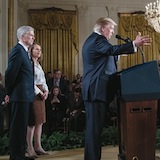
Economist Celine McNicholas breaks down what last week’s Supreme Court ruling means for workers—and why more individual arbitration is bad news.




















